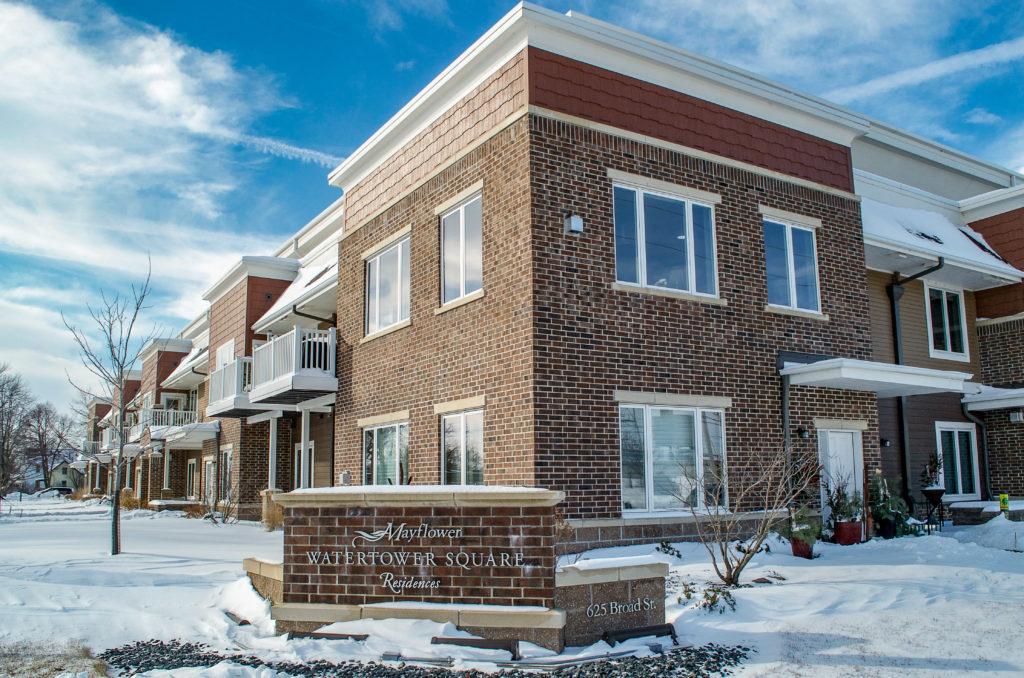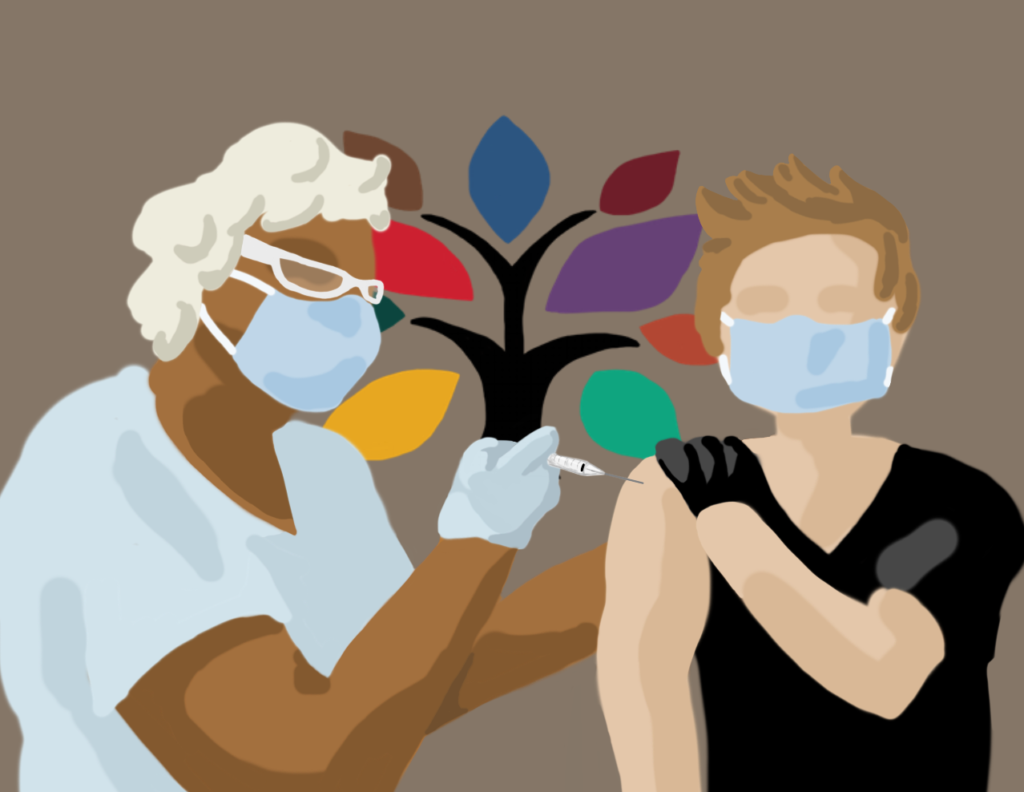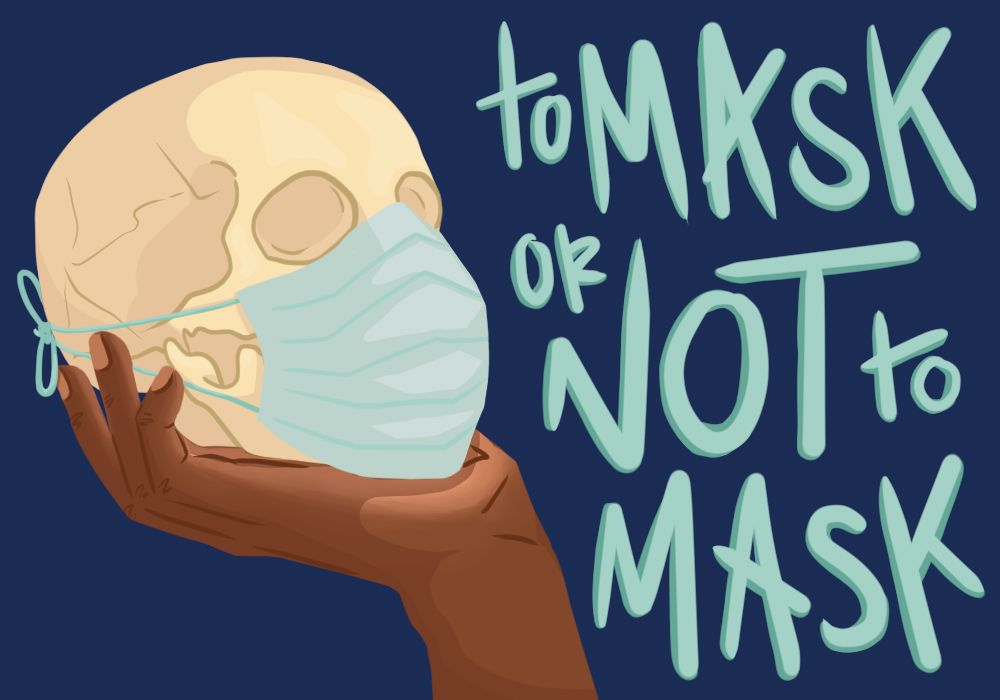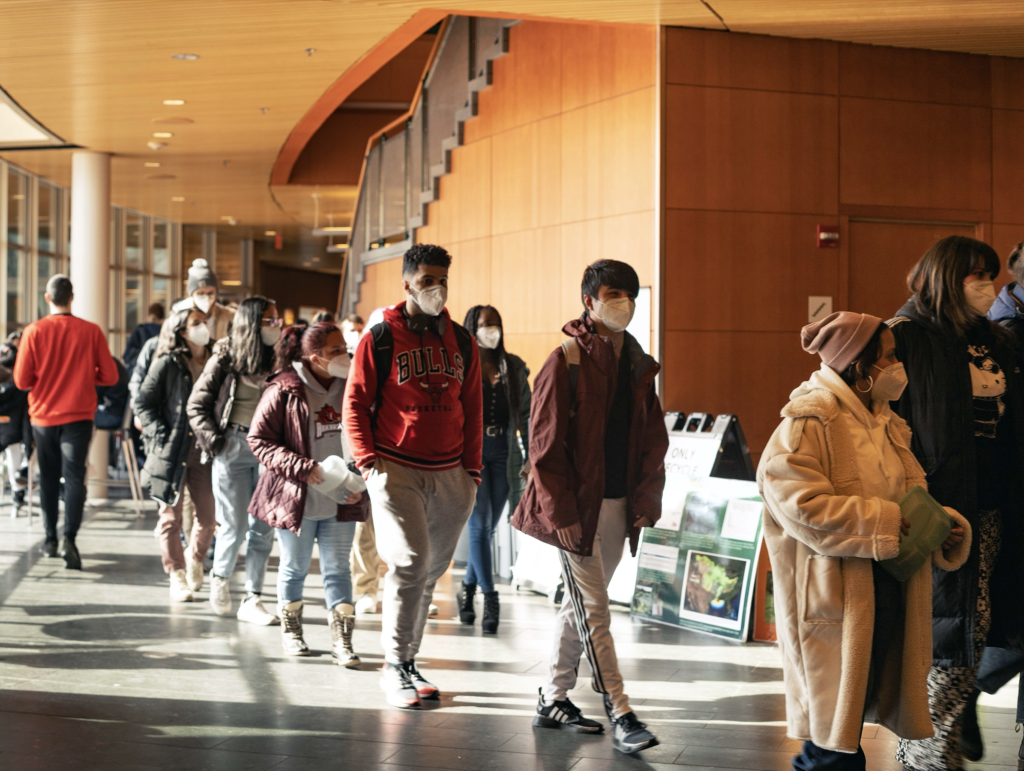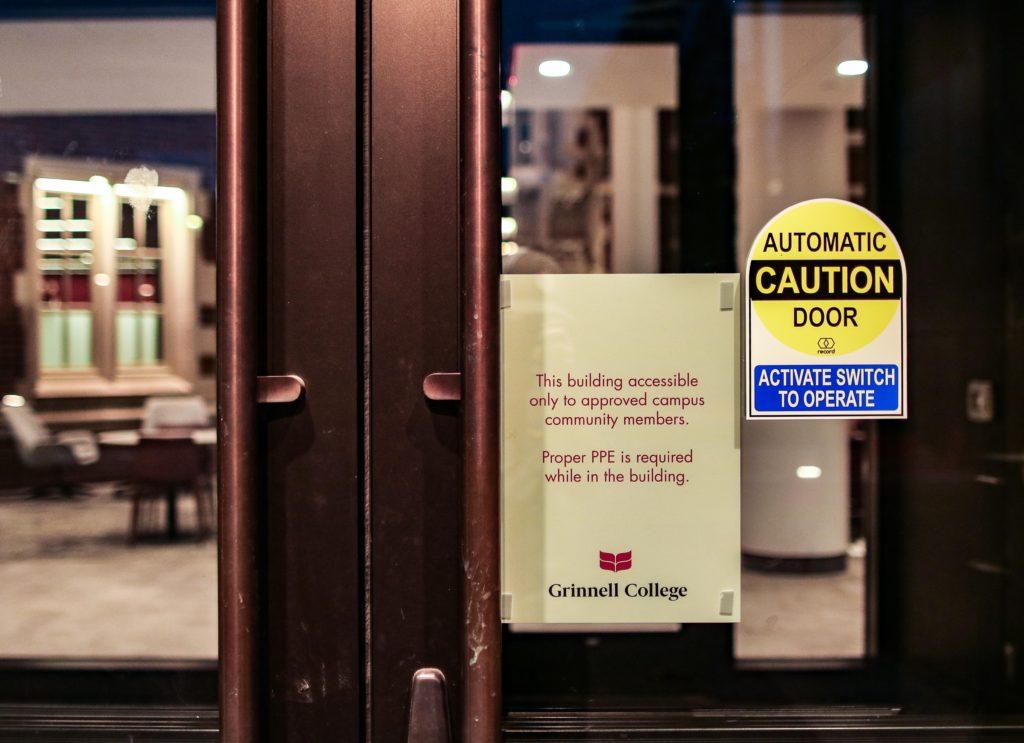George Drake ’56, professor emeritus and president of the College from 1979 to 1991, has witnessed much of the recent history of Grinnell – both the city and the College – firsthand, but he’s never seen anything like the COVID-19 pandemic.
“Nobody’s had an experience like this in our lifetimes, whether you’re in your 80s or in your teens or 20s,” he said.
Drake has observed the impact of the pandemic over the past two months from the Mayflower Community retirement living campus, where he lives with his wife, Sue Ratcliff Drake ’58.
The Mayflower Community currently has no known cases of COVID-19 amongst its residents or staff. The Community has been taking precautions to minimize contact between residents, staff and outsiders, and many events have been canceled or moved online.
“I think they’re doing everything they can to keep us safe,” Drake said.
Professor Emeritus Kent McClelland, also a Mayflower resident, echoed Drake’s sentiment on the ongoing coronavirus crisis, saying, “This is a crisis unlike any of those that I’ve experienced in my life.”
Professor Emeritus Thomas Moore, who likewise lives on the Mayflower Community campus, said that the duration of COVID-19 and its impact on the world make it “hard to compare” with recent crises at the College. He and McClelland referenced the multiple suicides on the College’s campus in the spring of 2003 as the most major emotional local event in recent memory. But both professors also drew a firm distinction between that crisis and the current one.
“Students were devastated … but there was a lot of getting together, there was always that support. … That was a traumatic, one-time thing – one week it wasn’t happening, and then it happened, and it was awful,” Moore said. In comparison, he said, the pandemic is taking place over a much longer period of time, which changes its impact on local and global communities.
Moore now attends church remotely and he said that his family has remote get-togethers over video call: “You’re always having to think of those workarounds.”
McClelland, a former sociology professor, contextualized the all-encompassing effects of the pandemic within his discipline.
“I taught sociology, so I was trying to teach people about … how we deal with these divisions in our society, of race and class and gender,” he said. “But as a white male in a privileged position, I was always teaching from the point of view of … ‘People like me aren’t suffering directly.’ But in this situation, I am one of the vulnerable ones, and I am much more careful to try to protect myself than I’ve ever felt was necessary before.”
Speaking from the point of view of an ex-president of the College, Drake speculated on what might happen on the school’s administrative side moving forward.
Regarding President Raynard Kington’s impending departure from the College for a position at Phillips Academy Andover in Massachusetts, Drake expects that a long-term replacement will not be found for a while. But, he said, Dean Anne Harris, who was recently named interim president of the College, is “terrific” and has the added benefit of having been heavily involved with the College’s COVID-19 emergency planning.
“I think she’ll be quite capable of directing the College and getting us through this,” he said.
On the subject of finances, Drake said, “We’re so lucky to still have that big endowment, even if it’s been somewhat reduced.” He expects that it will be two to three years before the effects of the pandemic on the College fully dissipate, and he reiterated that the school’s large endowment will be a critical support during this period.
“Grinnell’s gonna survive and be strong, but there are a lot of small colleges that I think won’t survive,” he said.




























































